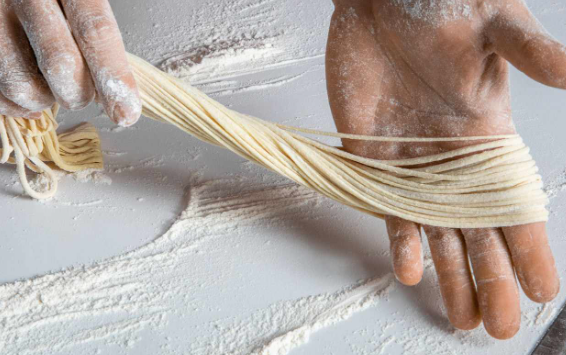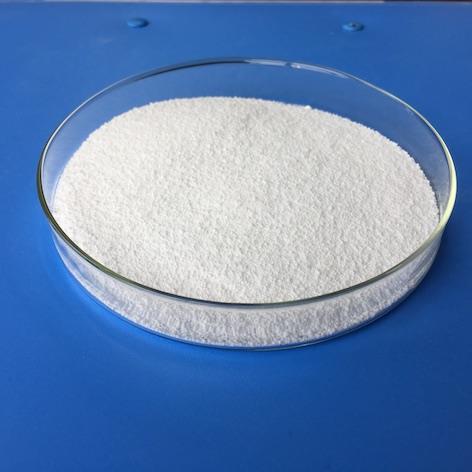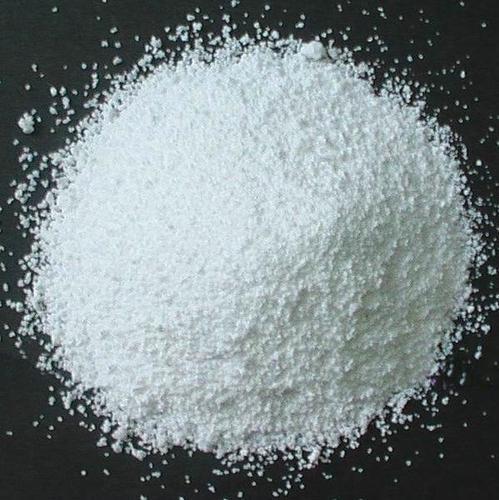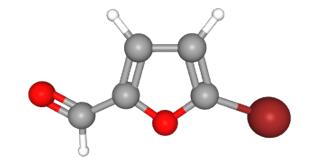Applications of Potassium carbonate
Potassium carbonate, K2CO3, appears as a white powder or as colorless solid crystal and has a salty taste. Also known as potash or pearl ash, it may be used in pharmaceutical laboratories as a drying agent or as a source of potassium. It also used in fire extinguishers, to make soap, to make glass, and to soften water.It is also found in effervescent tablets. Effervescent tablets and powders are available to provide potassium when there are low levels of potassium in the blood due to inadequate diet, nausea and vomiting, diarrhea or use of certain medications such as corticosteroids or diuretics. They dissolve quickly, are stable, convenient and easy to carry.
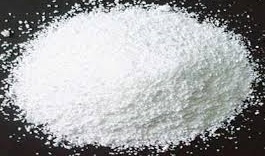
About safety
All carbonate salts are on the FDA generally regarded as safe list. There is no evidence in the available information on calcium carbonate, potassium carbonate, potassium bicarbonate, sodium carbonate, sodium bicarbonate, or sodium sesquicarbonate that demonstrates or suggests reasonable grounds to suspect a hazard to the public when used at normal levels that are now current or that might reasonably be expected in the future.
Applications
Potassium carbonate is used (historically) for soap, glass, and china production
as a mild drying agent where other drying agents, such as calcium chloride and magnesium sulfate, may be incompatible. It is not suitable for acidic compounds, but can be useful for drying an organic phase if one has a small amount of acidic impurity.
It may also be used to dry some ketones, alcohols, and amines prior to distillation.
in cuisine, where it has many traditional uses. It is an ingredient in the production of grass jelly, a food consumed in Chinese and Southeast Asian cuisines, as well as Chinese hand-pulled noodles, and moon cake.
It is used to tenderize tripe. German gingerbread recipes often use potassium carbonate as a baking agent, although in combination with hartshorn. It is however important that the right quantities are used to prevent harm, and cooks should not use it without guidance.
In the alkalization of cocoa powder to produce Dutch process chocolate by balancing the pH (i.e., reduce the acidity) of natural cocoa beans; it also enhances aroma. The process of adding potassium carbonate to cocoa powder is usually called "Dutching" (and the products referred to as Dutch-processed cocoa powder), as the process was first developed in 1828 by Coenrad Johannes van Houten, a Dutchman.
As a buffering agent in the production of mead or wine;in antique documents, it is reported to have been used to soften hard water;as a fire suppressant in extinguishing deep-fat fryers and various other B class-related fires.
);You may like
Related articles And Qustion
See also
Lastest Price from Potassium carbonate manufacturers
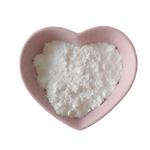
US $1340.00-1330.00/tons2024-04-23
- CAS:
- 584-08-7
- Min. Order:
- 10tons
- Purity:
- 99%
- Supply Ability:
- 100tons
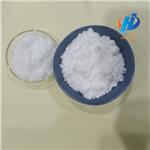
US $50.00/kg2024-04-19
- CAS:
- 584-08-7
- Min. Order:
- 1kg
- Purity:
- 99.10%
- Supply Ability:
- 5000kg

